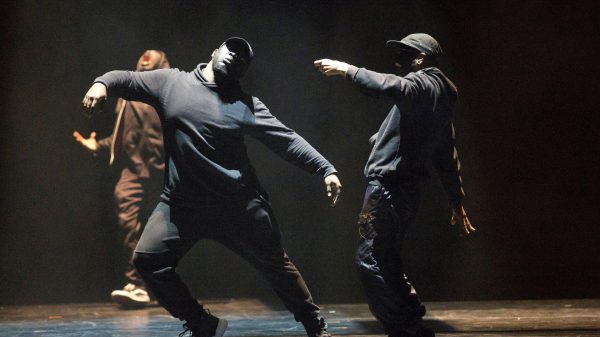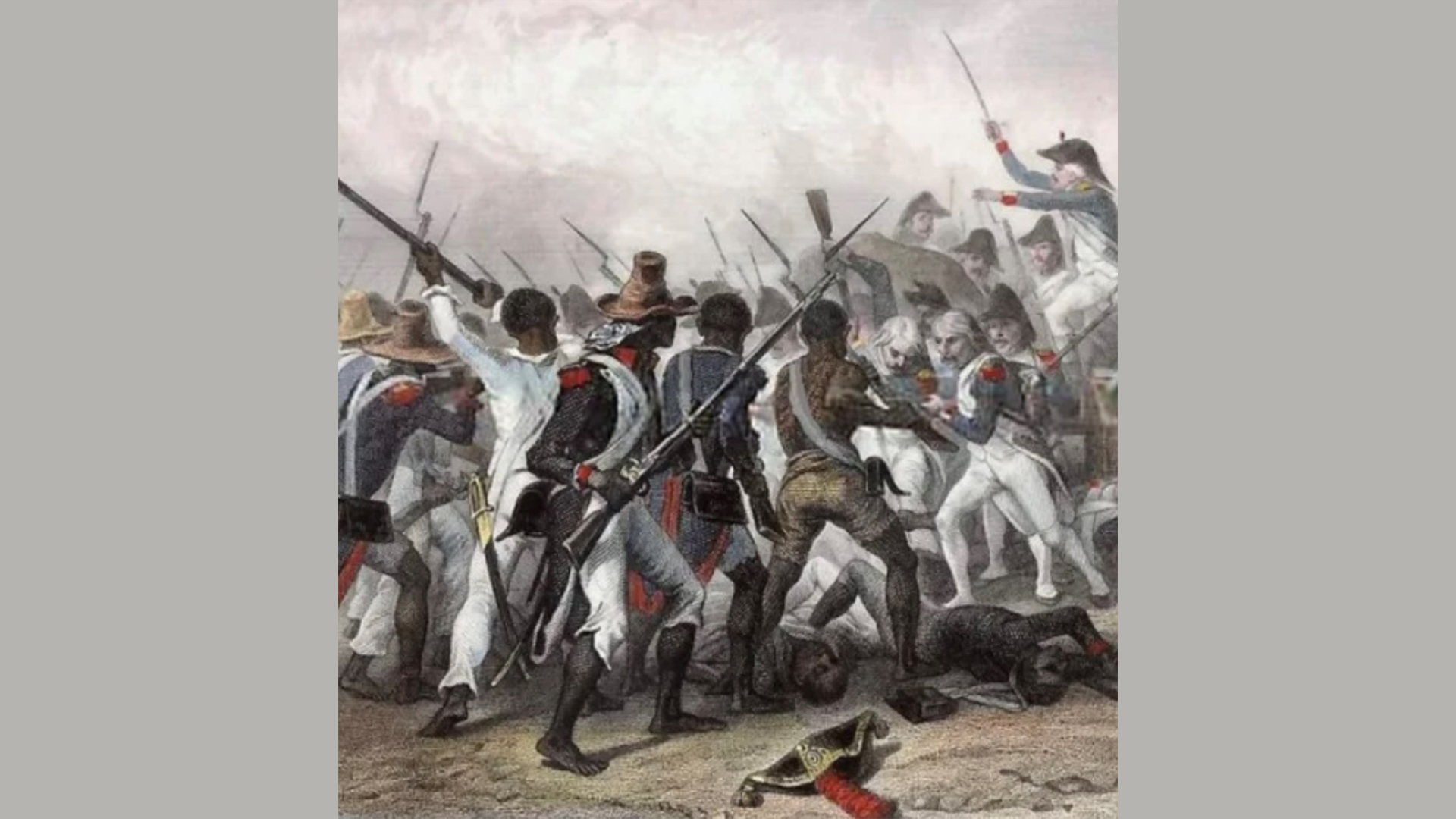The shadow foreign secretary has asked the government to pardon 70 abolitionists convicted for their role in the 1823 Demerara rebellion in the Caribbean.
David Lammy, 49, called the revolt, involving 10,000 slaves, a “seminal moment” in the history of the human slave trade. It failed but contributed to the abolition of slavery ten years later.
In a letter to Dominic Raab, the justice secretary, Lammy highlighted the plight of Jack Gladstone, a slave who was the main organiser of the two-day uprising, and John Smith, a British Protestant minister.
His letter named 73 people who were tried — 70 of whom were found guilty, including 21 who were hanged. Ten of those slaves were then decapitated and their heads were put on poles.
Lammy wrote: “In recent years, this country has entered into a discussion about its colonial history and the path to repair. The full pardoning of both John Smith and Jack Gladstone would be a significant step in Britain’s acknowledgment of its role in the history of slavery. Both . . . were pioneers of the abolition movement, and they must be remembered and celebrated as such.
“It is for this reason that I am requesting a pardon through the exercise of the royal prerogative of mercy.”
Demerara, part of modern-day Guyana, was one of Britain’s most lucrative colonies, being rich in sugar plantations. It was known for treating slaves harshly.
Jack Gladstone was “owned” by Sir John Gladstone, father of William Gladstone, the future prime minister.
The rebellion was crushed by the colonists and up to 250 slaves were killed.
Gladstone was deported to the island of Saint Lucia for hard labour after his death sentence was commuted. John Smith, who was court-martialled and awaiting news of his appeal against a death sentence when he died. The Slavery Abolition Act was passed in 1833.
Lammy, who has spoken previously about the legacy of slavery and its impact on black Britons, based the letter on research into the uprising in the book White Debt.
However is a reply sent to Lammy on Wednesday, Raab said that following Guyana gaining independence in 1966 and becoming a republic in 1970, it would be for its president to grant such pardons.
Thomas Harding, the author of White Debt, called Raab’s response “shocking”. He told The Guardian: “Britain was responsible for this gross miscarriage of justice, not Guyana, and the British government should be the one to pardon those found guilty.”

































































